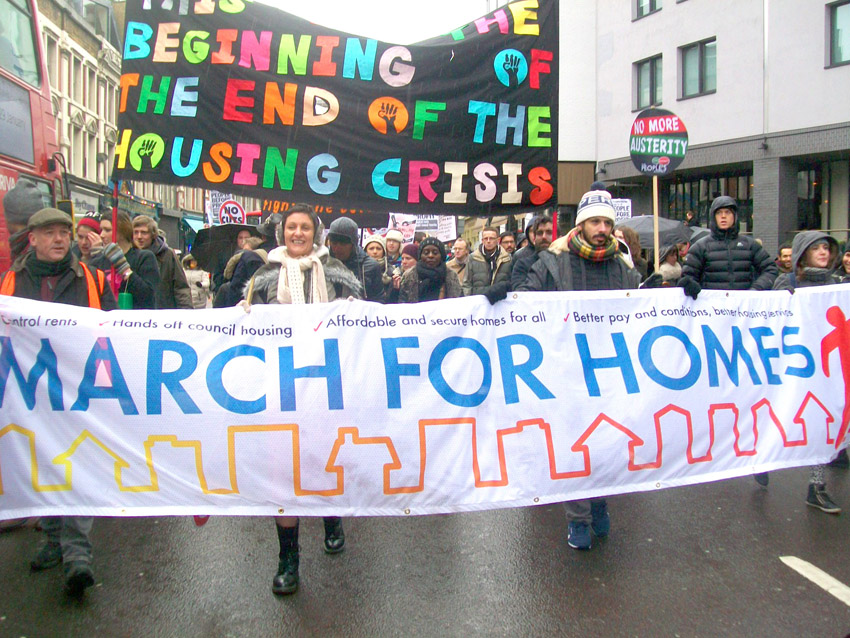BARNET tenants are holding a ‘Fun Day’ tomorrow to highlight the community they are at risk of losing if Annington Homes continue to evict entire families.
Annington Homes are replacing the housing estate with unaffordable private rental flats.
As London’s most populous borough scatters its poor and working class residents in homes miles from their communities and support networks, private developers continue to build new units that a growing part of the city’s population can’t dream of affording.
But rather than simply protest, the remaining residents of Barnet’s Sweets Way Estate, Whetstone, are determined to show the council, and the capital, the faces of a community facing social cleansing.
In spite of the chaos that evictions have brought to the lives of many on the estate, residents and recent ex-residents are coming together to highlight the community they are at risk of losing if Annington Homes – who bought over 57,000 homes from the Ministry of Defence in 1996, and have since been cashing in on London’s housing boom – has its way.
On Sunday, March 8, 1-4pm, the remaining Sweets Way families, along with several former residents who have been rehoused out-of-borough in derelict emergency accommodation since their evictions, will be barbecuing, dancing, and chalk-drawing on the sides of the mostly-empty buildings around the estate.
In the recent efforts to secure decent local housing, children from the estate have been at the forefront, articulating the costs that dispersal out-of-borough is having or may have on their social lives, health, education and development.
While the land is owned by Annington Homes, the former military barracks have been used to house those on Barnet Council’s housing list, many having lived on the estate for five years, growing a strong sense of community amongst residents.
One Sweets Way resident, said: ‘At a time when families like ours are unable to find anywhere else affordable to go, it is criminal for perfectly good homes to be replaced by yet more luxury flats.
‘All over London, affordable properties are being replaced by unaffordable ones, and we want to make the city see, in human terms, the cost of this social cleansing.’
